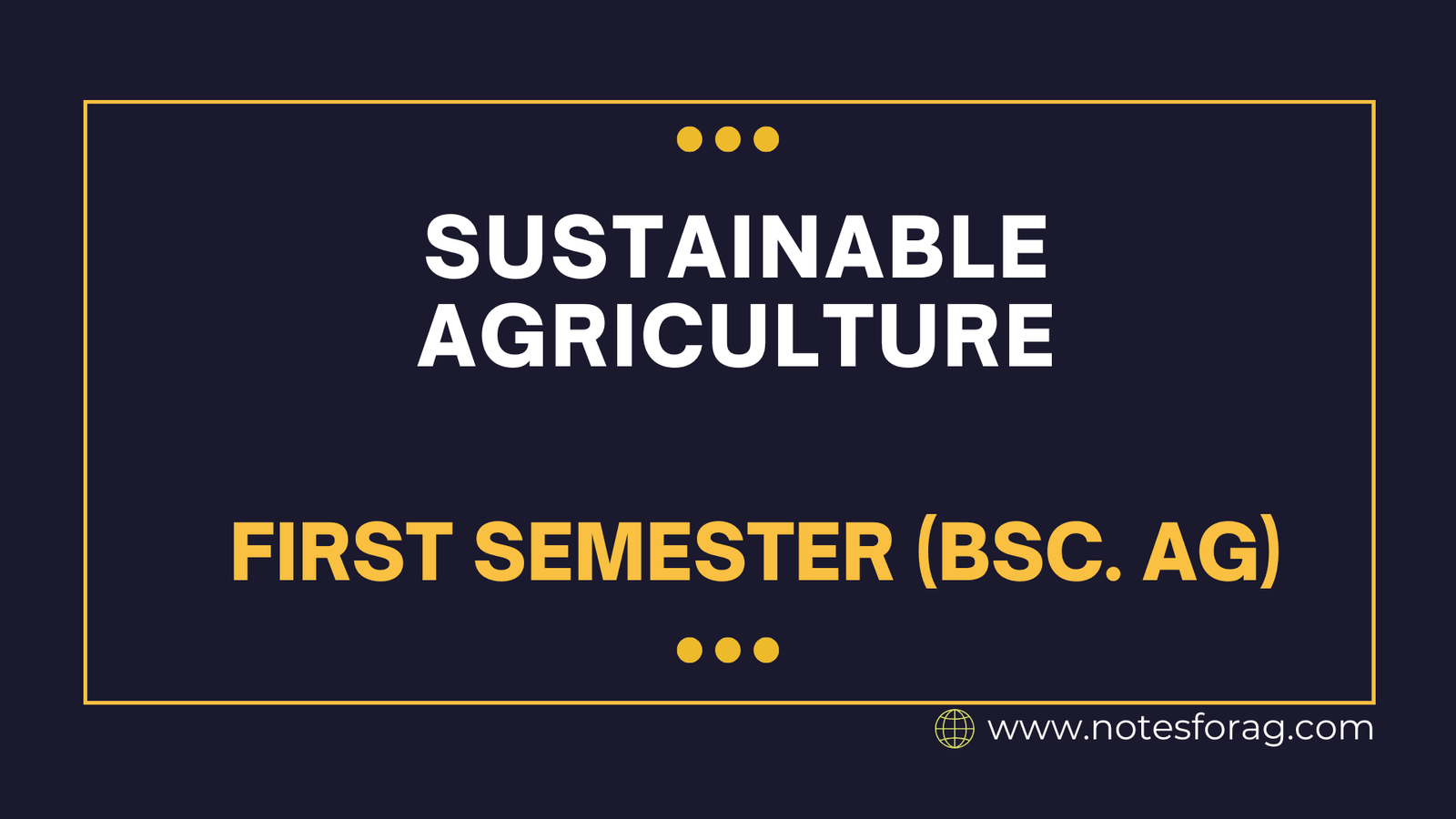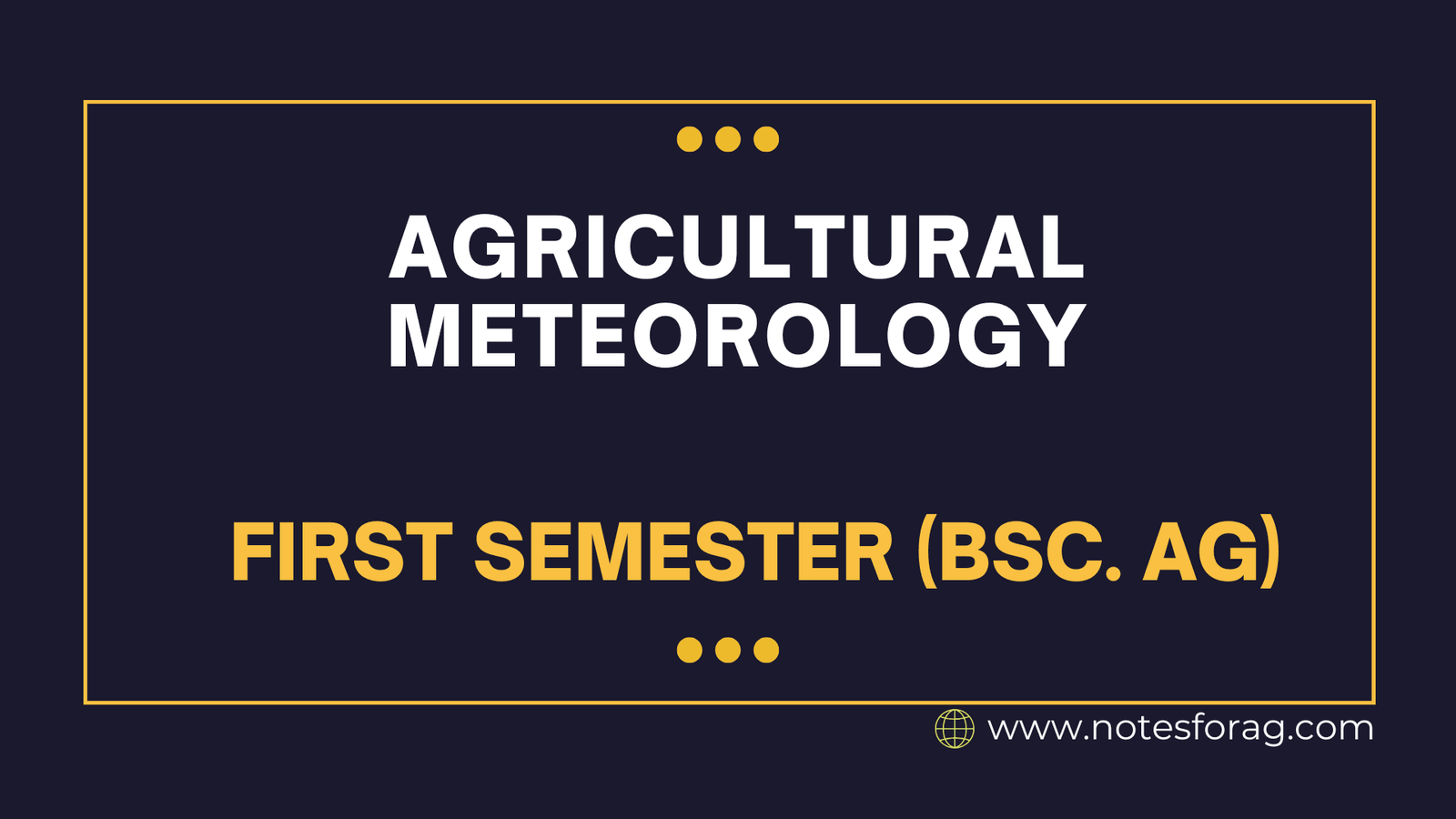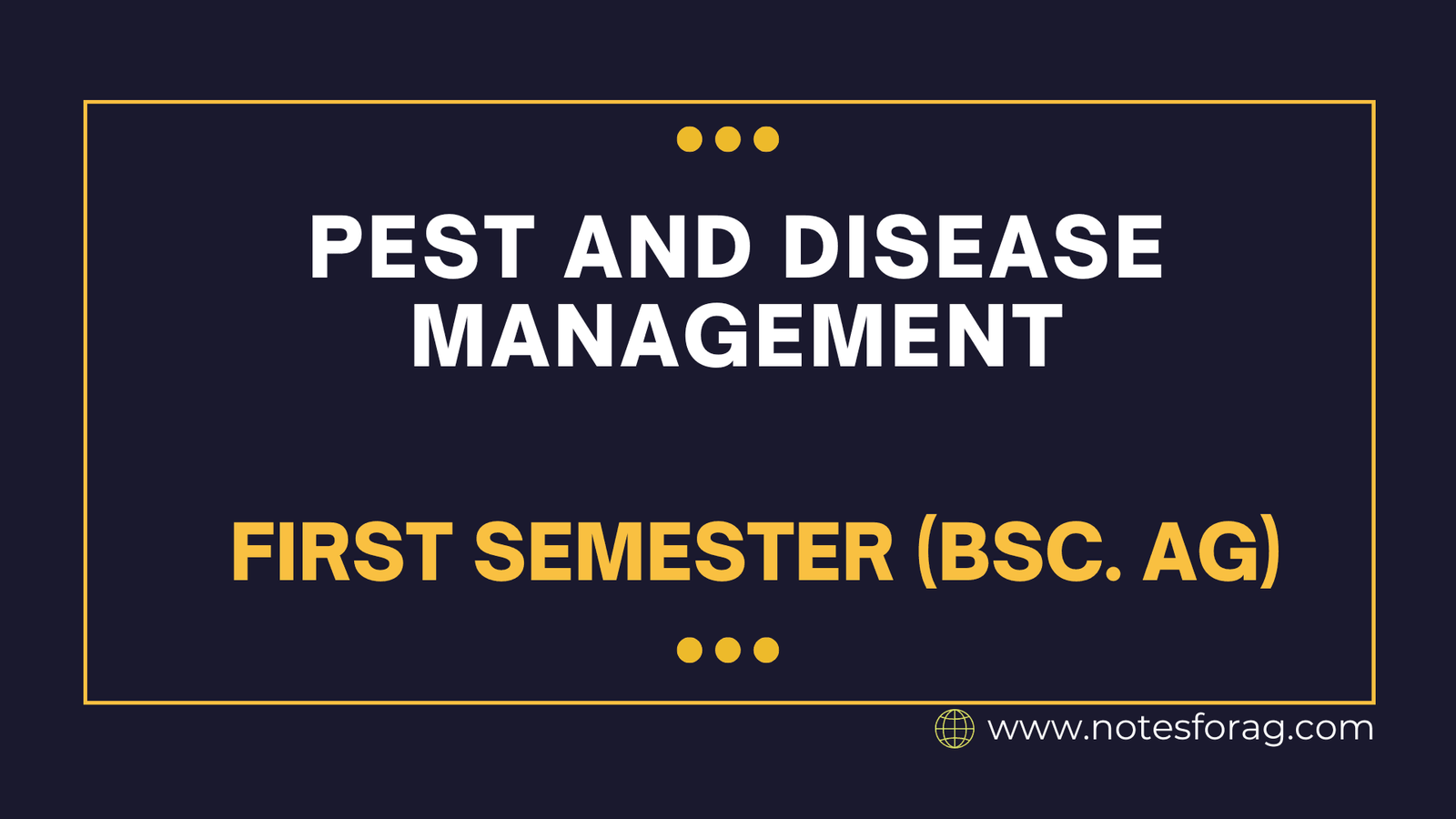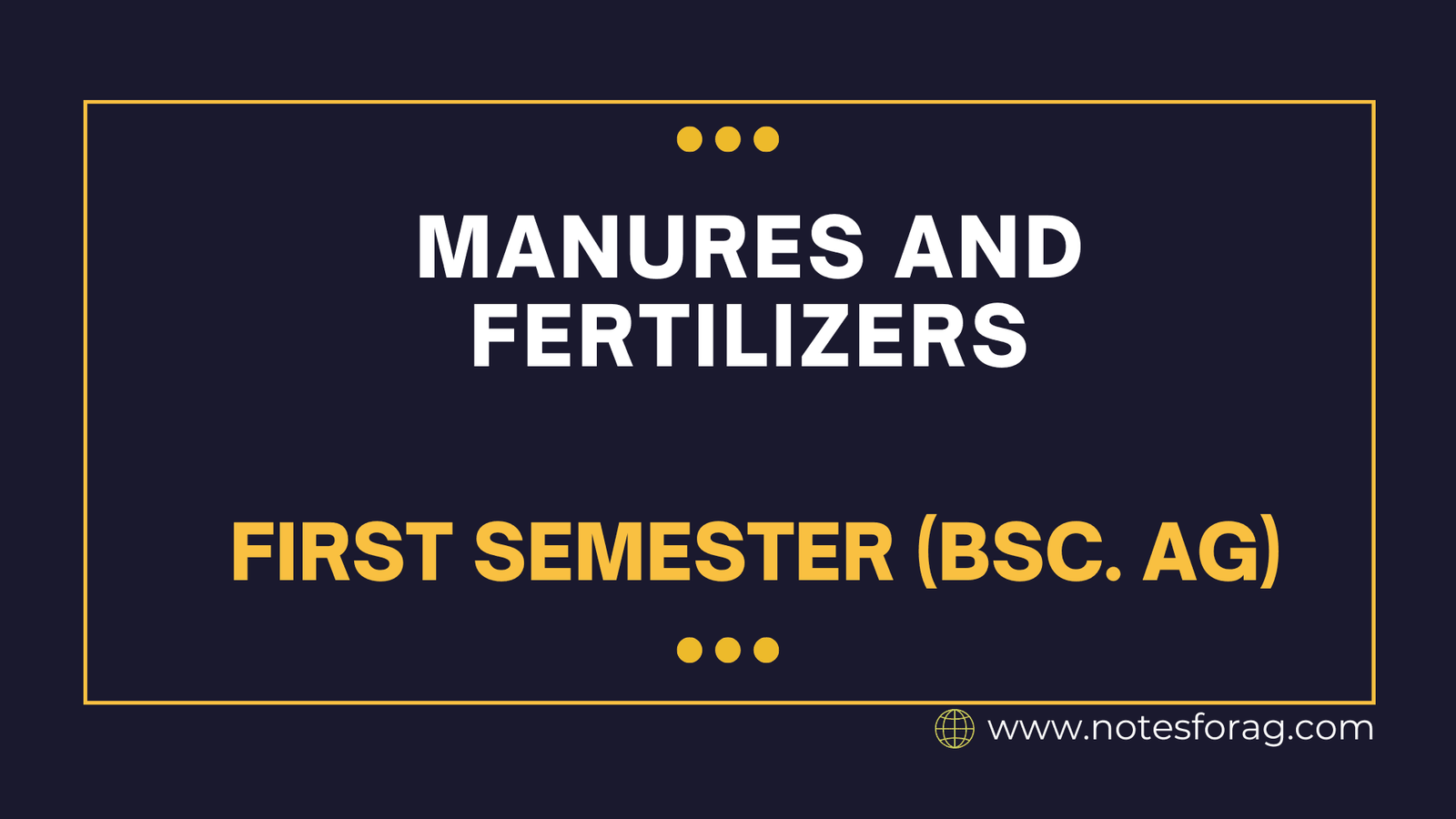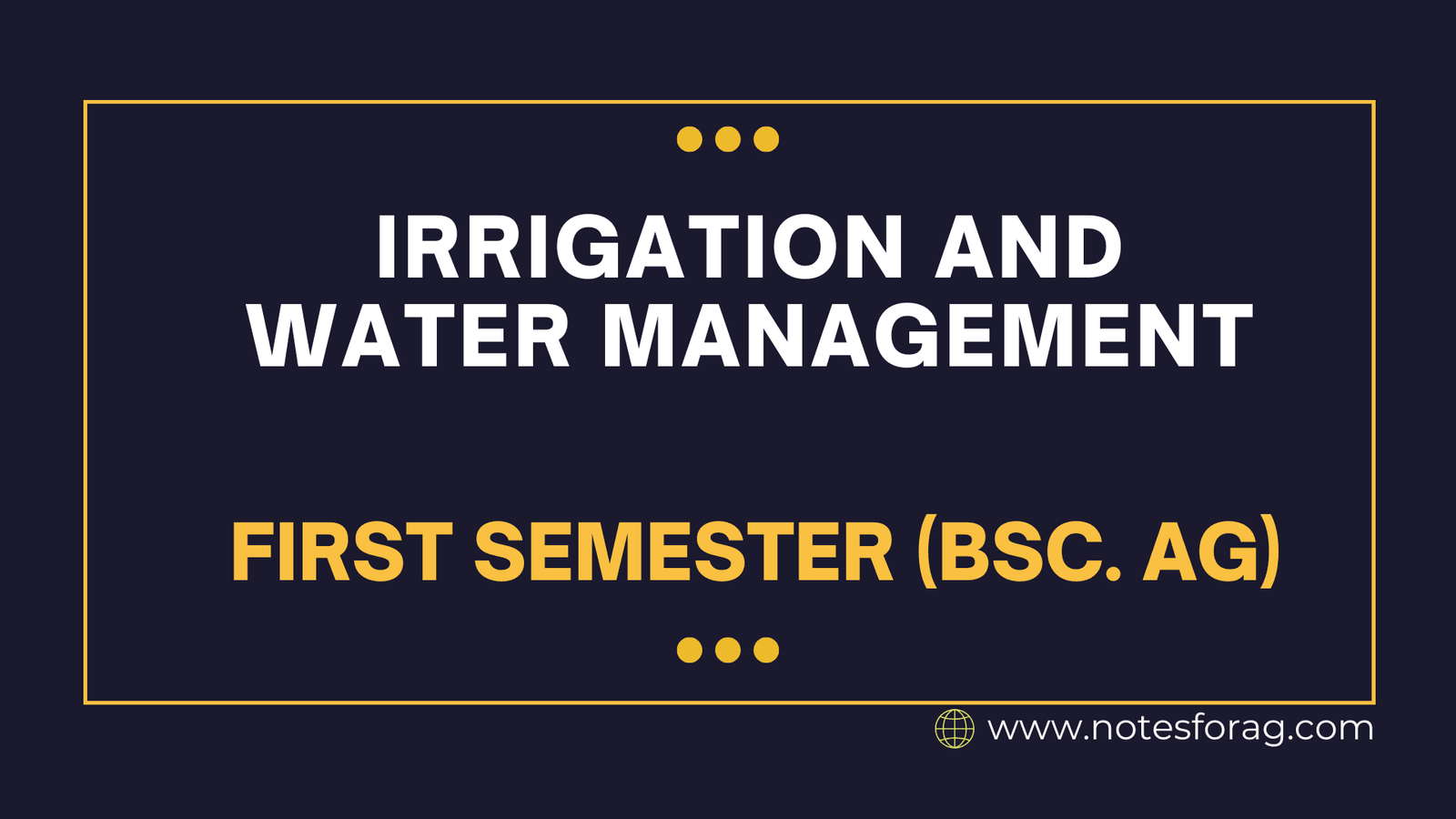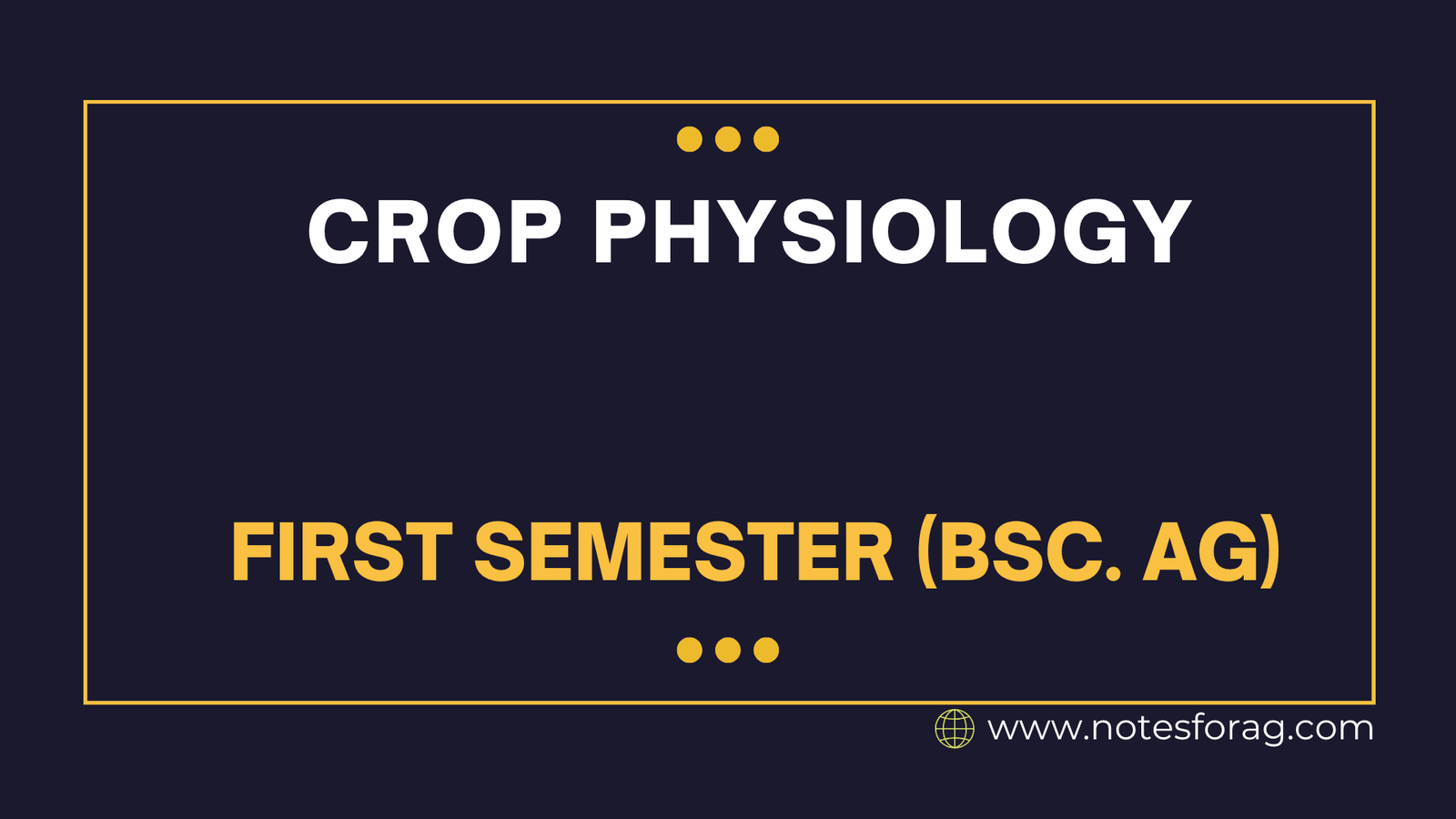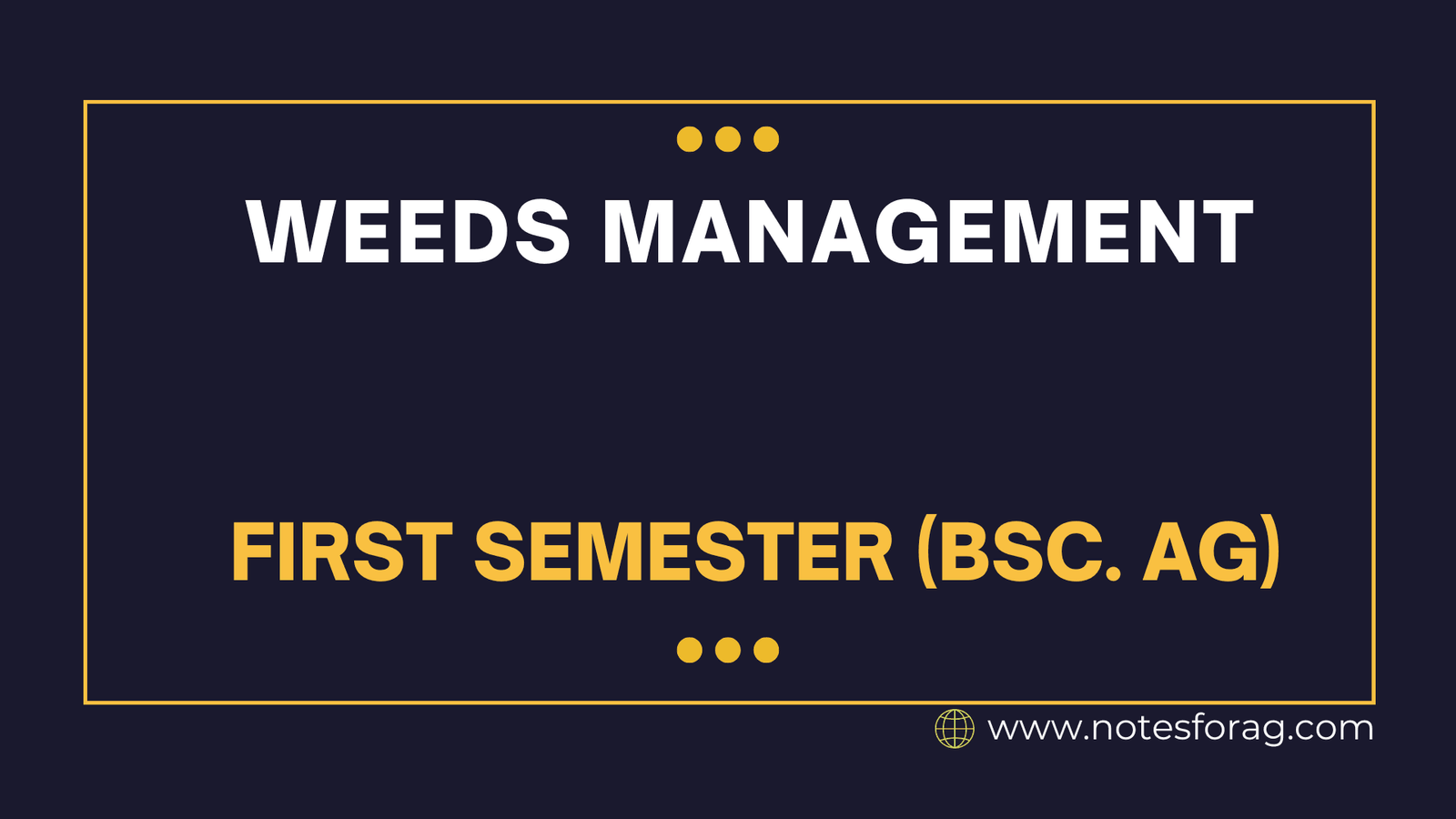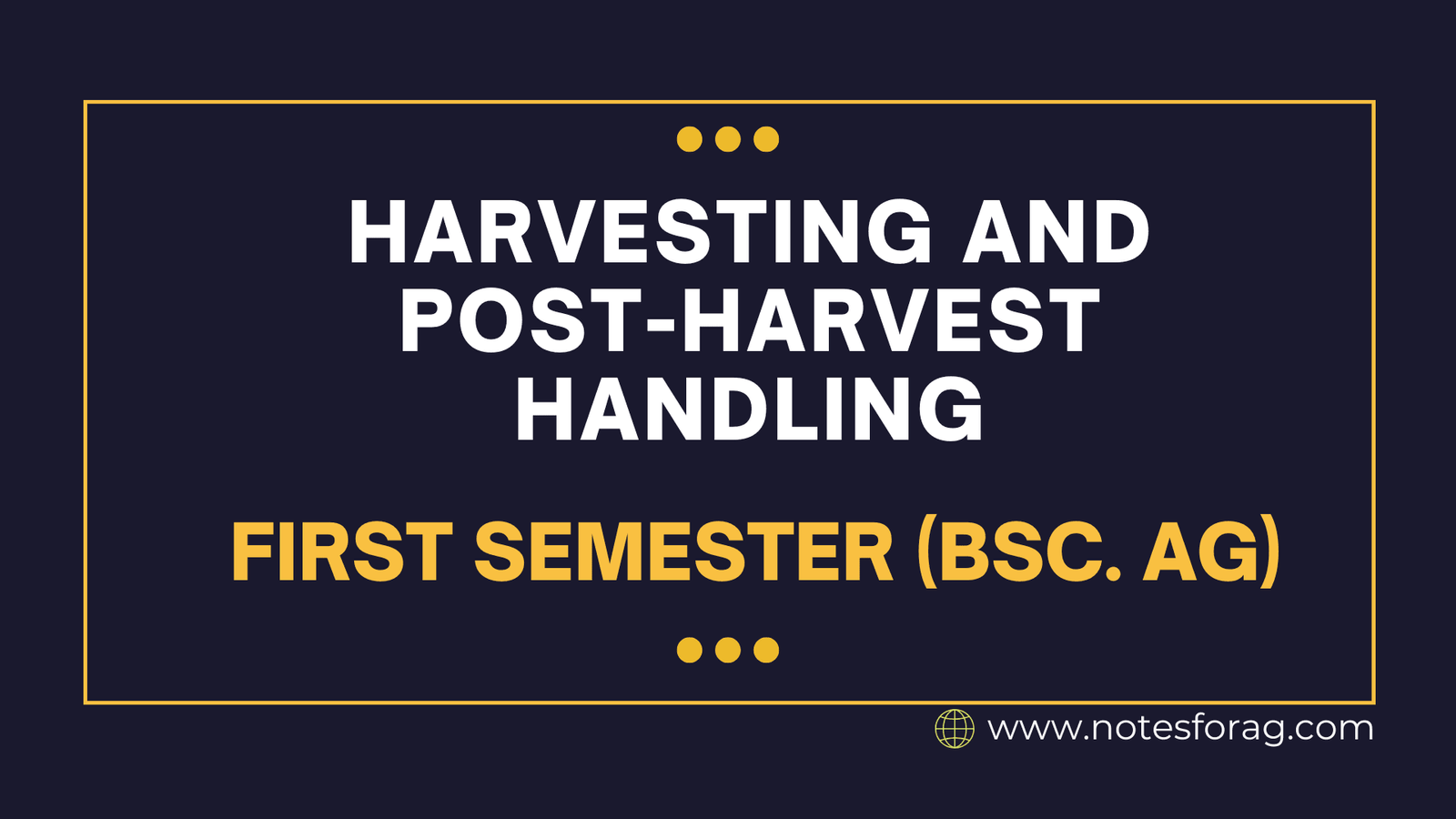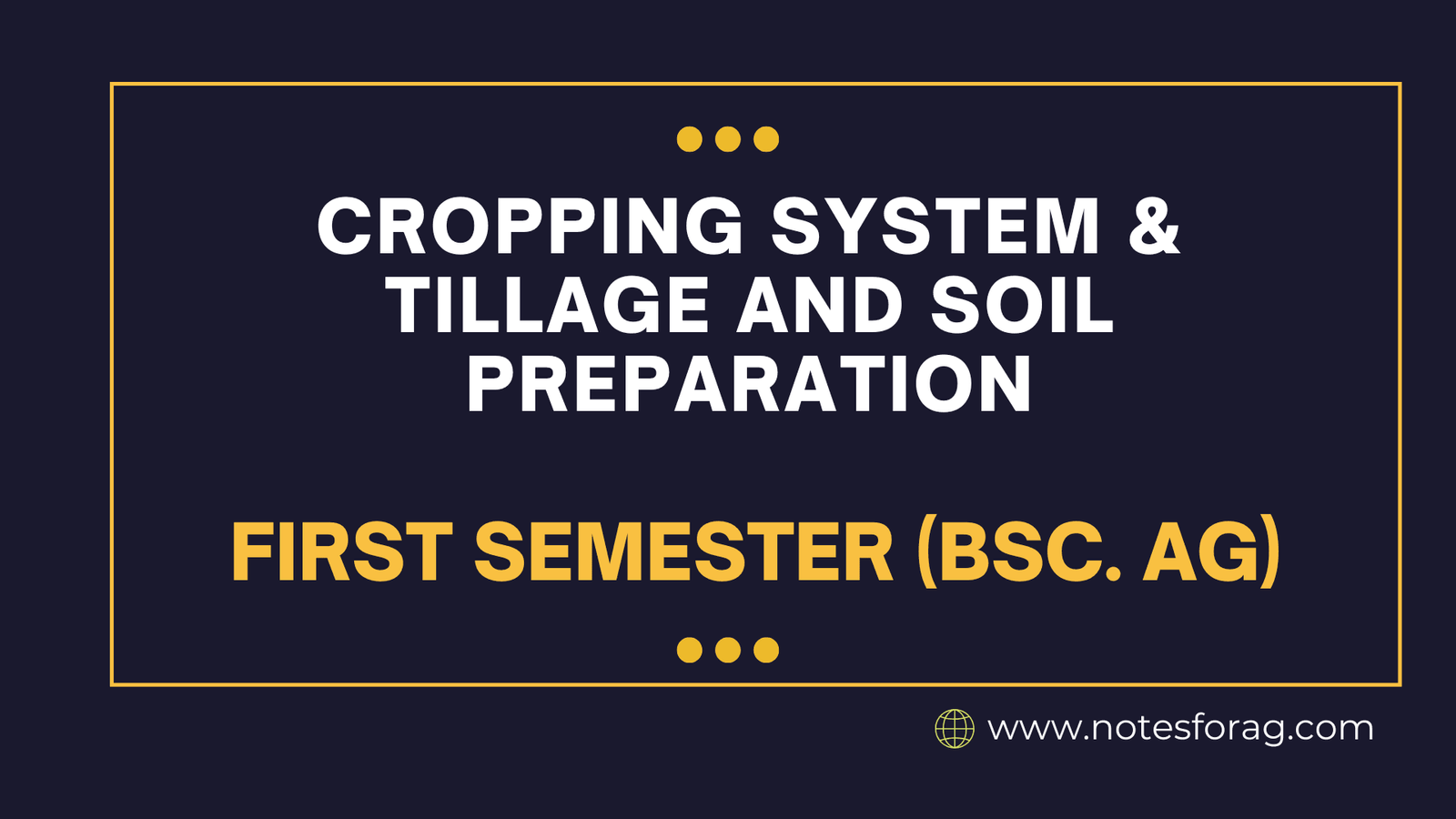Sustainable Agriculture
Sustainable agriculture focuses on farming methods that are environmentally responsible, socially equitable, and economically viable. It seeks to meet the present agricultural needs without compromising the ability of future generations to meet their own needs. Two important methods that contribute to sustainable agriculture are conservation agriculture and organic farming. These practices promote ecological balance, reduce … Read more

